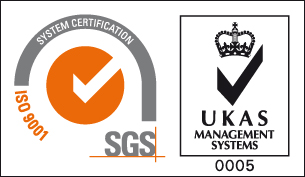The first background document of Incoterms dates back to 1936 and since then it has not only been globally accepted, but has also been updated periodically, thus keeping pace with the evolution of international trade.
The Incoterms rules are a set of commercial terms designated by three letters (Example CIF), in order to summarize the main obligations, costs and risks assumed by the parties in a contract for the sale of goods (risks, costs, organization of transport and customs clearance). However, Incoterms do not replace specific obligations of the sales contract, therefore, it is the responsibility of the parties to provide for the respective particularities of the business in the contract.
There are eleven Incoterms 2020 rules, four of them are the so-called “maritime” ones applicable to “Maritime Transport and inland waterways” (FAS/ FOB/ CFR/ CIF) and the remaining seven are “multimodal” or applicable to “any mode or modes of transport” (EXW/ FCA/CPT/CIP/ DAP/ DPU/ DDP).


